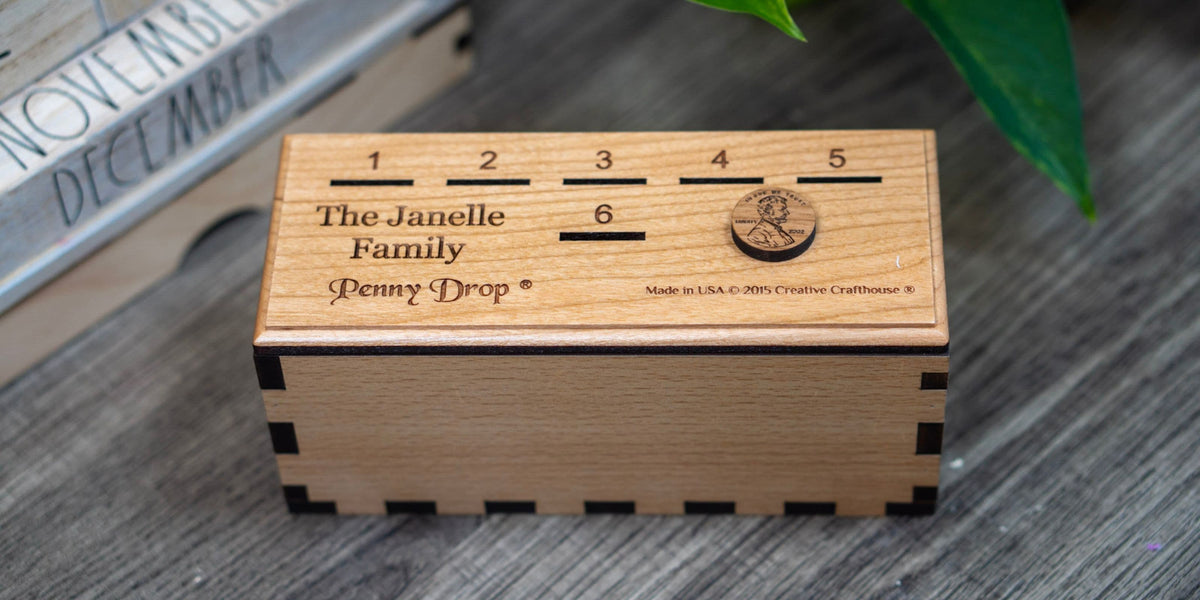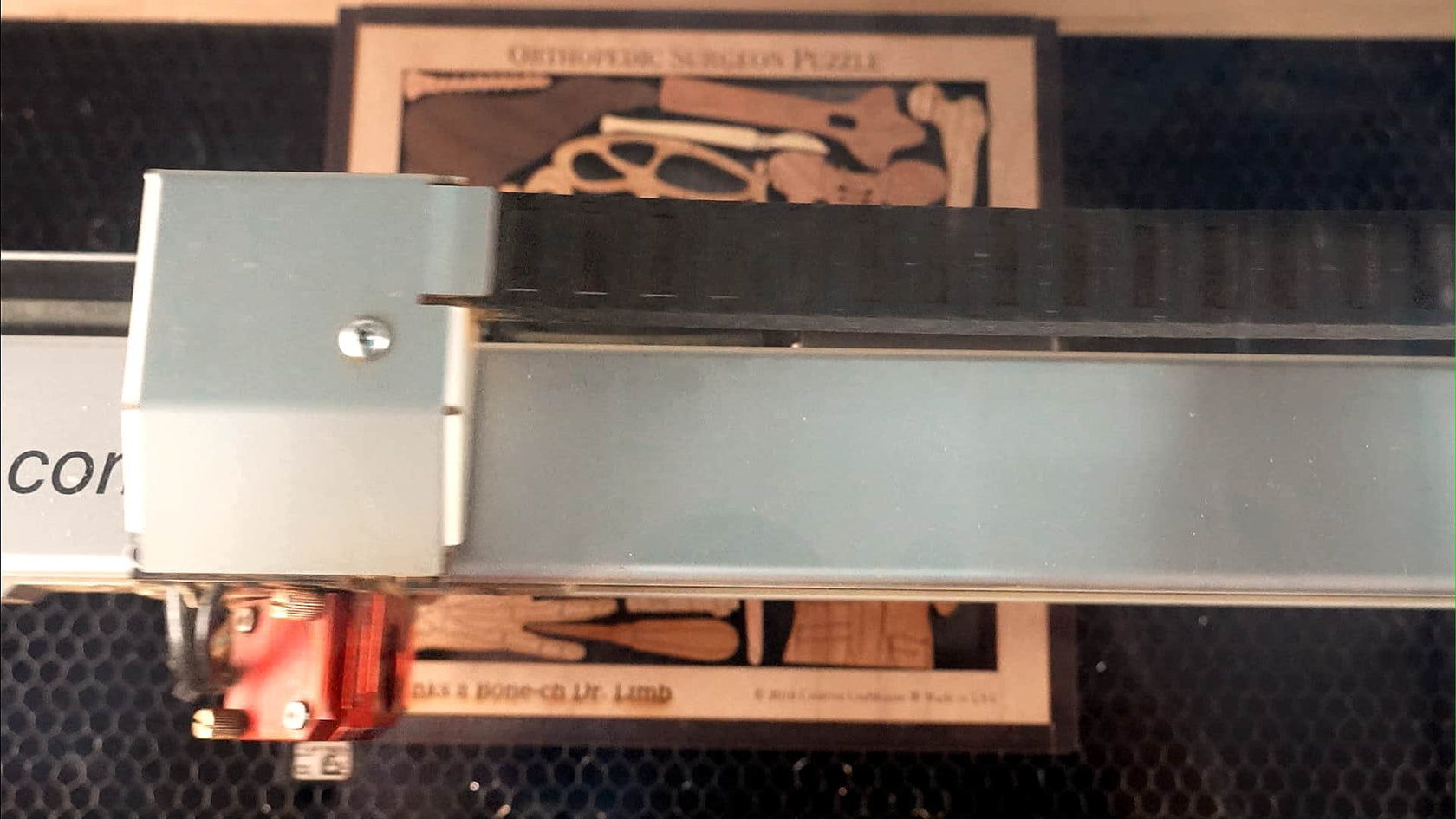Description
Description
Four Field Kono – Traditional Korean Strategy Game
A Historic Two-Player Board Game for Strategy Enthusiasts
Immerse yourself in the world of strategy with Four Field Kono, a traditional Korean board game that has been played for generations. Thought to date back to medieval times, this game challenges two players to capture or immobilize each other’s pegs using only orthogonal moves, requiring foresight and strategic planning.
Handcrafted Quality and Elegant Design
- Premium Craftsmanship: Made from high-quality wood, ensuring durability and a classic aesthetic.
- Compact Size: The board measures 7.5 inches square, making it easy to store and display.
- Authentic Design: Each set includes a beautifully crafted board with wooden pegs, honoring the game’s historical origins.
- Locally Made: Proudly handcrafted in Hudson, Florida, supporting American craftsmanship.
How to Play Four Field Kono
This two-player game requires strategic movement and blocking to win:
- Players start with equal pieces positioned on opposite sides of the board.
- Peg pieces move orthogonally (forward, backward, left, or right).
- Players aim to capture their opponent’s pieces by jumping over them.
- The game ends when one player captures all but one piece of their opponent or immobilizes them.
Why Choose This Handcrafted Board Game?
- A Cultural Treasure: Perfect for board game enthusiasts who enjoy traditional and historical games.
- Strategic Challenge: Offers a compelling blend of skill, planning, and adaptability.
- Unique Gift: A meaningful present for history buffs, collectors, and fans of two-player strategy games.
- Timeless Fun: Suitable for all ages, whether you're introducing a new generation to classic games or expanding your collection.
See the Game in Action
Curious about how to play? Watch our tutorial video to see the game in action:
Order Your Four Field Kono Set Today
Experience the rich tradition of Four Field Kono. Whether as a **personal collectible**, **strategic challenge**, or **thoughtful gift**, this handcrafted board game will provide endless hours of entertainment.
- Made in the USA – Crafted with care in Hudson, Florida
- High-Quality Materials – Durable, elegant, and built to last
- Fast Shipping – Securely packed and delivered promptly
Order now and challenge yourself with this historic Korean strategy game!
Personalize it!
Personalize it!
Add a personalized laser engraving to your puzzle or game.
- Perfect for gifts
- Business marketing opportunity
Payment & Security
Payment methods
Your payment information is processed securely. We do not store credit card details nor have access to your credit card information.
Product Specifications
- Materials
- Wood
- Age Range
- Teens (13-18 years), Adults (18+ years), Tweens (9-12 years), Seniors (65+ years)
- Number of Players
- 2 Players
- What's Included
- Game board (1), Game pieces (10), Game cover (1), Rules sheet (1)
- Gift Occasions
- Christmas, Birthday, Holidays
- Personalization Available
- Yes
- Category
- Strategy Board Game
- Availability
- In Stock
Personalize It!
Did you know we can add a custom laser engraving to every puzzle and game? Well, we can. Add a personal touch to your gift with a name or message.

Have you seen these yet?
Take a peek at some puzzles and games you might have missed.
Collections for you
Frequently Asked Questions
Shipping
What countries do you ship to?
What countries do you ship to?
We ship all around the world. If you encounter an issue at checkout, please use the Chat Box to contact us. A real person will assist you.
How long will it take to receive my order?
How long will it take to receive my order?
Standard shipping normally takes 3-5 days. Next-day shipping is available on all domestic orders (for an additional charge). International shipping times vary depending on the product and destination (estimated at checkout).
Expedited shipping is available at checkout.
Returns and Refunds
How do I return a product?
How do I return a product?
Items must be returned within 30 days after receiving your order. Items must be returned in the same condition in which they were received, be unworn/unused, have any tags still attached, and include all the original packaging.
Custom/Personalized items can only be returned if we made a mistake on the customization/engraving.
How long will it take to receive my refund?
How long will it take to receive my refund?
Refunds are processed within 7 days from when we receive the item(s).

































